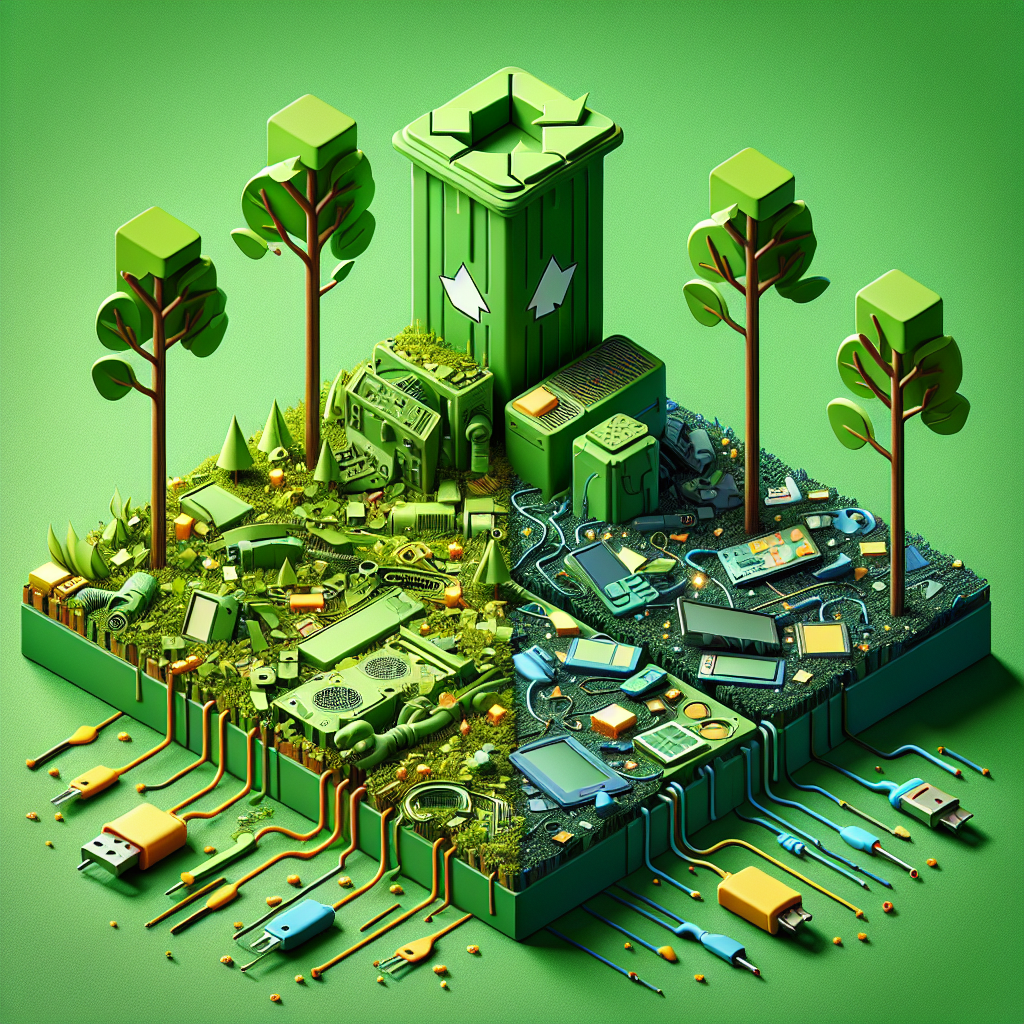Blog Ecobraz Eigre

Recycling electronics is more effective than planting trees: comparative scientific analysis
This article presents a comparative technical analysis between recycling electronic devices and planting trees, highlighting the efficiency of material recovery compared to the environmental benefits of forests. Based on official data and Brazilian legislation, it addresses impacts, circular economy and safety in electronic waste management.
Efficiency in Material Recovery through Electronic Recycling
The recycling of electronic equipment allows the recovery of valuable materials such as precious metals, which have a high potential for industrial reuse, reducing mineral extraction and the emission of polluting gases. According to data from the National Solid Waste Management Information System (SINIR), proper disposal and recycling promote the circular economy and reduce substantial environmental impacts.
Environmental Benefits of Planting Trees and Their Limitations
Reforestation contributes to carbon capture, maintaining biodiversity and protecting water resources. However, the time needed for the trees to develop and perform their full environmental functions represents a time limitation given the urgency of mitigating the environmental crisis.
Comparative Analysis: Recycling vs. Tree Planting
Technical studies show that electronic recycling has an immediate positive impact on reducing carbon emissions, as it reduces the need for mining and extensive industrial processing. Planting, on the other hand, although fundamental, has medium to long-term environmental effects. Official data reinforces that integrated actions are strategic, but prioritizing recycling brings faster and more significant benefits for the green economy.
Applicable Legislation and Technical Standards
The National Solid Waste Policy (Law No. 12.305/2010) establishes the obligation of environmentally appropriate management of electronic waste, including the encouragement of collection and correct disposal practices. In addition, article 33 of said law highlights the shared responsibility between generators and environmentally appropriate final disposal. The regulated electronic waste collection process contributes to compliance with these guidelines, while the safe sanitization of electronic media guarantees the protection of sensitive data.
Safety and Responsibility in the Management of Electronic Waste
In addition to environmental gains, recycling meets critical requirements related to information security and data protection, in accordance with technical environmental and information security standards recommended by NIST. Ensuring the sanitization of devices such as hard drives is essential to mitigate legal and operational risks.
Technical Conclusion
Considering the comparative scientific analysis based on official data and current legislation, the recycling of electronic equipment is more immediately effective in mitigating environmental impacts, making it a priority strategy for waste managers. Planting trees remains essential, but must be complemented by the adoption of robust and safe recycling practices.

Deixe um comentário
O seu endereço de e-mail não será publicado. Campos obrigatórios são marcados com *